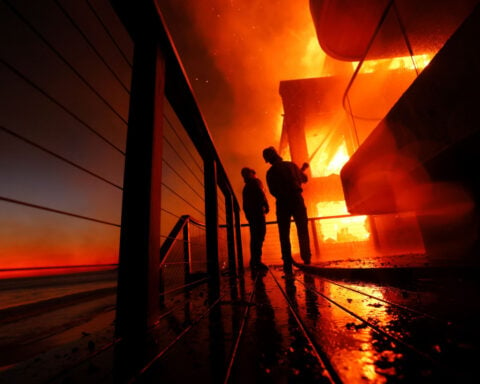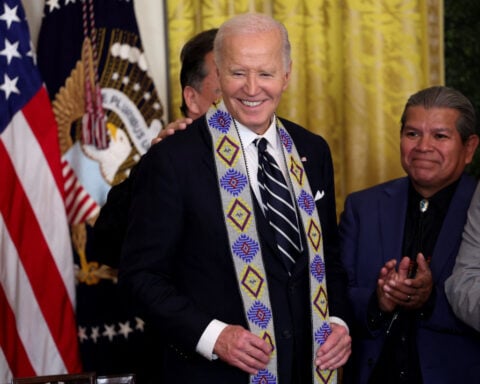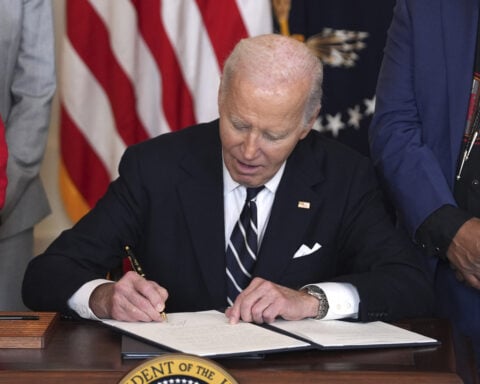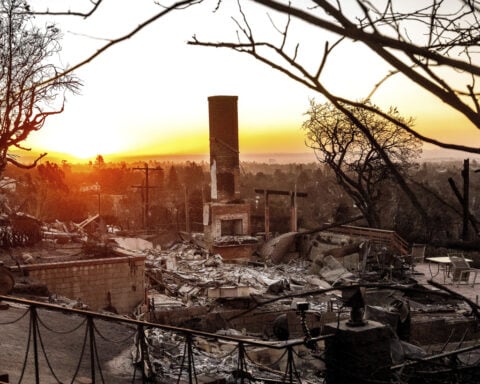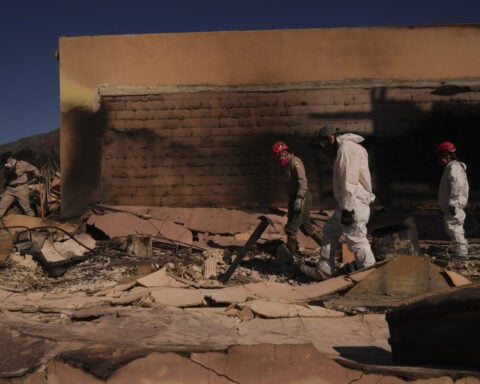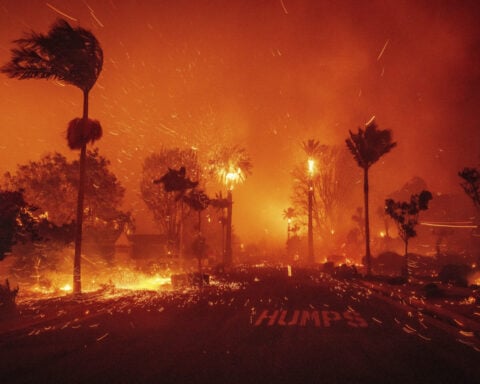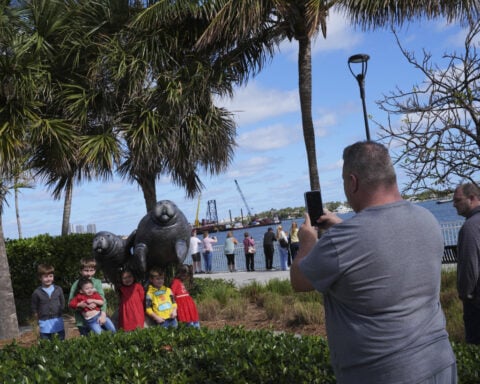Recruiting participants for a citizen science project produced a more diverse group when people were signed up through partner organizations, such as schools and faith-based organizations, than when they joined on their own. We used this approach to recruit volunteers for Crowd the Tap, a citizen science initiative that crowdsources the locations of lead plumbing in homes.
We signed up 2,519 households through partner organizations, in addition to 497 households that signed up on their own. We recruited households from all 50 states, though the majority came from North Carolina. Our project was initially funded by the Environmental Protection Agency, which led to nationwide sampling, but additional funding from the North Carolina Water Resources Research Institute led to prioritizing sampling in North Carolina.
We recruited 2.2 times more Black participants and 2.3 times more Hispanic or Latino participants through partnerships than we did through individual sign-ups. This allowed us to assemble a group of volunteers that more accurately represented the U.S. population. In addition, 11.2 times more lower-income participants took part in Crowd the Tap through partner organizations than on their own.
Why it matters
Citizen science projects use volunteers to collect data for scientific research. They can provide researchers with data that otherwise might not be available, such as the type of water pipes in people’s homes.
Unfortunately, many of these projects run by scientists at research institutions often fail to engage diverse participants. When this happens, the projects can produce datasets that are biased toward predominantly white and higher-income communities.
Lead poisoning mainly affects lower-income communities of color, so citizen science as traditionally conducted was unlikely to provide representative data on exposure to it. As scholars who study citizen science, community science and public engagement, we needed to overcome this diversity challenge.
Lead plumbing is the primary cause of lead contamination in drinking water in the U.S. No amount of lead in drinking water is safe for human consumption.
Use of lead plumbing in public water systems and facilities that provide drinking water for human use has been banned in the U.S. since 1986. The federal government is working to replace an estimated 9.2 million lead service lines – the pipes that carry water from city water lines to individual homes – to reduce the risk of lead poisoning.
However, there is almost no data on drinking water pipe materials inside homes, so people could still be at risk for lead contamination. Any U.S. homes built before 1986 could have either lead pipes or lead solder in their plumbing systems.
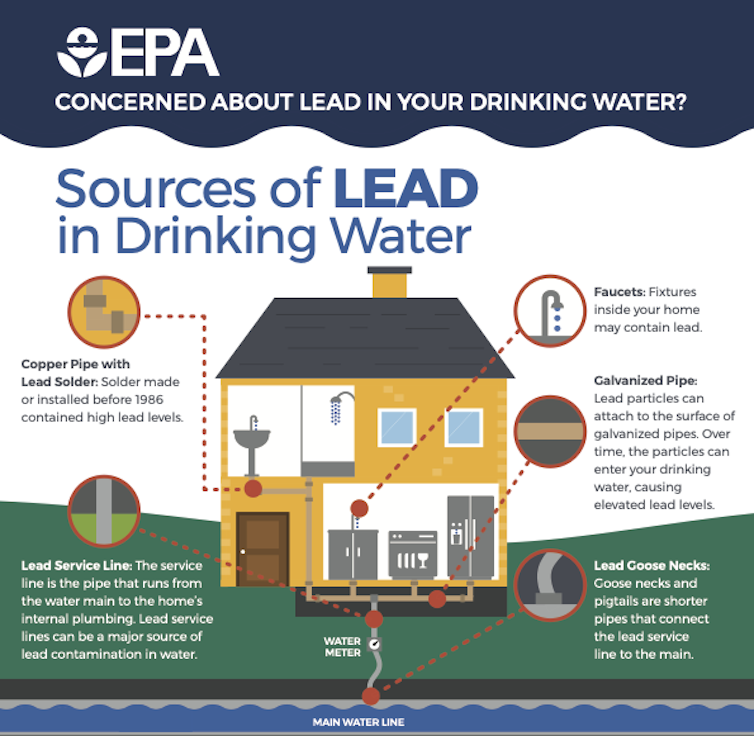
Participants in Crowd the Tap identify the types of pipes they have using a magnet and a penny. If the magnet sticks, the pipe is steel. If the magnet doesn’t stick, participants scratch the pipe with a penny. A scratch the color of a penny indicates that the pipe is copper; if it has no shine, the pipe is plastic; and if it has silver streaks, the pipe is lead. People also conduct a simple at-home water chemistry test and provide information on the age of their home.
We combine this data to classify households based on the risk that they may have lead contamination. Anyone found to be at risk receives free laboratory testing of their water. Participants who have their water tested receive resources on how to address lead contamination in their water.
How we did our work
We got people to sign up for this project through high school and university classrooms and a Verizon corporate volunteer program. We also ran internship programs at North Carolina State University, where the students are predominantly white and signed up members of their own communities, and Shaw University, a historically Black university in Raleigh, North Carolina, where students recruited members of various faith communities.
Partnerships with historically Black colleges and universities, or HBCUs, and high school classrooms were especially valuable for engaging Black and Hispanic or Latino participants. The intern program at North Carolina State University was helpful for engaging lower-income participants.
Faith communities received a stipend for engaging their members in Crowd the Tap through our partnership with the North Carolina Council of Churches’ Partners in Health and Wholeness program. We also adapted our project based on feedback we received from older faith community members, who indicated that our online data collection portal was too complicated.
In response, we made questions about demographics and water taste and color optional. Even though these questions helped us answer our research questions, they were a barrier for people who we were trying to engage.
Volunteers who signed up directly for Crowd the Tap came mostly from white households. Working with other organizations, we assembled a more racially and ethnically diverse set of participants. We see our results as a promising step toward making larger-scale citizen science projects more diverse.
The Research Brief is a short take on interesting academic work.

Caren Cooper received funding from the Environmental Protection Agency, the North Carolina Water Resources Research Institute, and the National Science Foundation.
Valerie Ann Johnson received funding from the National Science Foundation and NASA SCoPE Seed Grant Project . She is affiliated with the Association for Advancing Participatory Sciences (Citizen Science Association).
Danielle Lin Hunter does not work for, consult, own shares in or receive funding from any company or organization that would benefit from this article, and has disclosed no relevant affiliations beyond their academic appointment.
Source: The Conversation

 Bangladesh Supreme Court acquits ex-Prime Minister Zia, clearing the way for her to run in elections
Bangladesh Supreme Court acquits ex-Prime Minister Zia, clearing the way for her to run in elections
 British author Neil Gaiman denies ever engaging in non-consensual sex as more accusers come forward
British author Neil Gaiman denies ever engaging in non-consensual sex as more accusers come forward
 A look at the events that led up to the detention of South Korean President Yoon Suk Yeol
A look at the events that led up to the detention of South Korean President Yoon Suk Yeol
 Two private lunar landers head toward the moon in a roundabout journey
Two private lunar landers head toward the moon in a roundabout journey
 TikTok preparing for U.S. shut-off on Sunday, The Information reports
TikTok preparing for U.S. shut-off on Sunday, The Information reports
 Japan's Makino Milling requests changes to unsolicited bid from Nidec
Japan's Makino Milling requests changes to unsolicited bid from Nidec
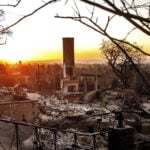 As Los Angeles burns, Hollywood's Oscar season turns into a pledge drive
As Los Angeles burns, Hollywood's Oscar season turns into a pledge drive
 As fires ravage Los Angeles, Tiger Woods isn't sure what will happen with Riviera tournament
As fires ravage Los Angeles, Tiger Woods isn't sure what will happen with Riviera tournament
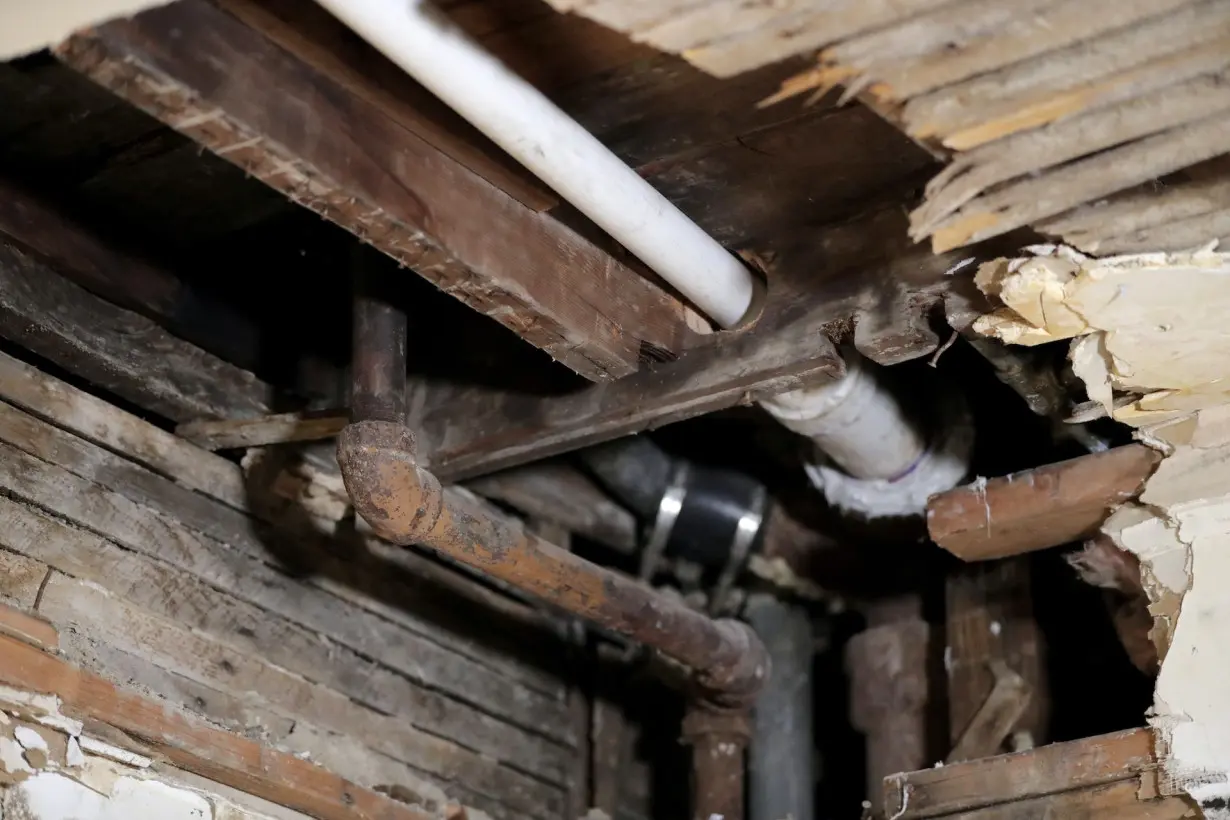 A lead pipe in the kitchen ceiling of a home in Newark, N.J.
A lead pipe in the kitchen ceiling of a home in Newark, N.J.
